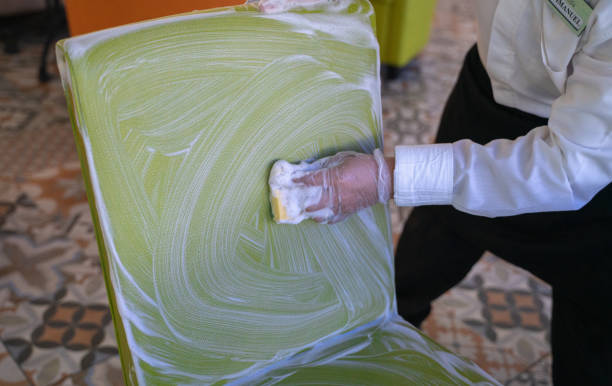Shining in the Desert: Exploring Cleaner Jobs in Qatar
Qatar, a jewel in the Persian Gulf, is synonymous with gleaming skyscrapers, opulent malls, and breathtaking desert landscapes. However, maintaining this dazzling facade requires an army of hardworking individuals, often unseen heroes who toil behind the scenes – the cleaners. While cleaning jobs may not be readily romanticized, they are the backbone of Qatar’s vibrant economy, ensuring hygiene, sanitation, and a comfortable environment for residents and visitors alike.
Advertisements
This article delves into the world of cleaner jobs in Qatar, shedding light on the diverse opportunities, challenges, and realities this vital workforce faces. We’ll explore various types of cleaning roles, the working conditions, salary expectations, and the evolving landscape of the cleaning industry in Qatar.
Types of Cleaner Jobs in Qatar:
The cleaning sector in Qatar encompasses a wide range of roles, catering to different locations and needs. Here are some of the most common types of cleaner jobs:
- Hotel Housekeeping: Responsible for maintaining cleanliness and hygiene in guest rooms, common areas, and amenities of hotels and resorts.
- Office Cleaners: Ensure a clean and professional environment in offices, buildings, and corporate spaces.
- Hospital Cleaners are crucial in maintaining sterile environments and sanitation in healthcare facilities.
- Domestic Cleaners: Provide cleaning services in private homes and apartments.
- Industrial Cleaners: Handle specialized cleaning tasks in factories, construction sites, and other industrial settings.
- Restaurant Cleaners: Maintain hygiene and sanitation in kitchens, dining areas, and other parts of restaurants and food service establishments.
- Airport Cleaners: Keep terminals, restrooms, and passenger areas clean and sanitized at airports.
Working Conditions and Challenges:
Despite the essential nature of their work, cleaners in Qatar often face challenges:
- Long working hours: Shifts can be long, ranging from 8 to 12 hours or even longer, with limited breaks.
- Demanding physical tasks: The work can be physically demanding, involving heavy lifting, bending, and standing for long periods.
- Exposure to chemicals and cleaning agents: Cleaners often work with potentially harmful chemicals and cleaning products, requiring proper safety measures.
- Limited career growth opportunities: Traditionally, the perception of cleaning jobs as unskilled labour has limited career progression options.
- Language barriers: For migrant workers, language barriers can pose communication challenges and impede integration into the workplace.
Salary Expectations and Benefits:
Salary for cleaner jobs in Qatar varies depending on the type of role, experience, and nationality. Generally, monthly salaries can range from QAR 1,200 (approximately USD 327) to QAR 2,500 (approximately USD 680). Some employers offer additional benefits like transportation, accommodation, and health insurance.
Evolving Landscape of the Cleaning Industry:
The cleaning industry in Qatar is transforming, driven by factors like:
Advertisements
- Increased health and hygiene awareness: The COVID-19 pandemic has heightened awareness of the importance of cleanliness and sanitation, leading to a greater demand for skilled and professional cleaning services.
- Technological advancements: New technologies like robotics and automated cleaning systems are being introduced, changing the nature of certain cleaning tasks.
- Focus on worker welfare: There is a growing focus on ensuring fair working conditions and promoting the rights of cleaning workers in Qatar. This includes initiatives like adopting the International Labour Organization’s Domestic Workers Convention and improving recruitment practices.
The Way Forward
Recognizing the vital role of cleaners in Qatar is crucial for building a sustainable and equitable society. Here are some steps that can be taken to improve the working conditions and livelihoods of this workforce:
- Raise awareness and promote respect for cleaning professionals: Public awareness campaigns can help overcome negative stereotypes and recognize the value of cleaning jobs.
- Implement stricter regulations and enforce labour laws: Ensuring fair wages, adequate rest breaks, and safe working conditions for cleaners is essential.
- Invest in training and skill development: Providing upskilling opportunities can help cleaners improve their skills and access better career prospects.
- Promote technology adoption: Utilizing technology can help reduce the physical demands of cleaning work and improve efficiency.
Conclusion
Cleaning jobs in Qatar, often shrouded in invisibility, are the foundation of a gleaming, vibrant nation. As we move forward, recognizing the contributions of these hardworking individuals and advocating for their fair treatment is not just a moral imperative but also a crucial step towards building a more humane and equitable society in Qatar.
Advertisements






